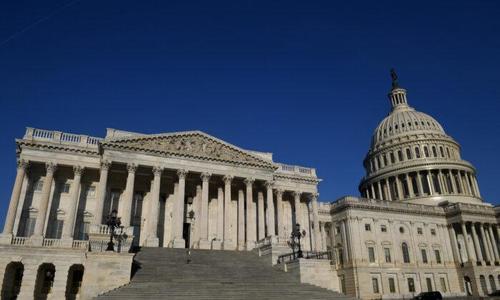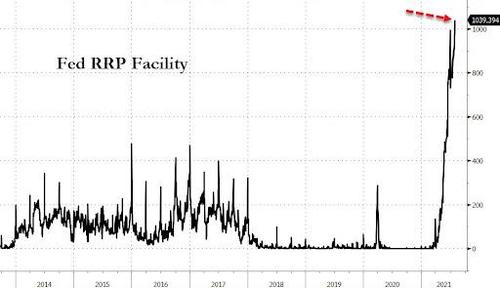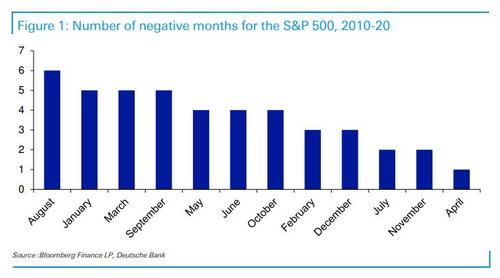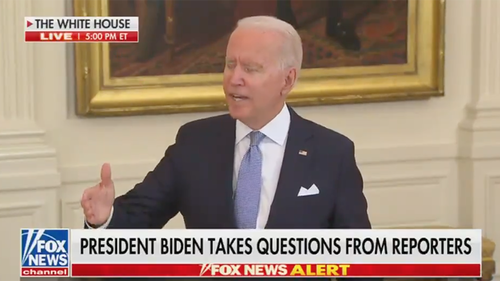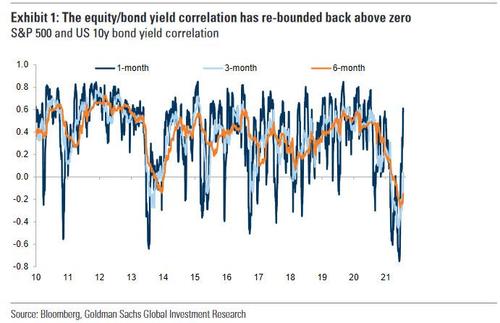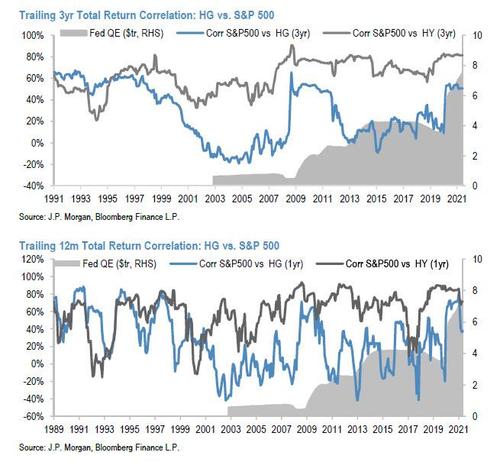US Capitol Police Walks Back A Memo On Arresting People For Not Wearing A Mask
Authored by Masooma Haq via The Epoch Times,
The United States Capitol Police (USCP) reversed a decision to arrest people who do not comply with Tuesday’s reinstatement of the mask mandate, saying instead that the consequence for violators will be removal from the buildings.
“Regarding the House mask rule, there is no reason it should ever come to someone being arrested. Anyone who does not follow the rule will be asked to wear a mask or leave the premises. The Department’s requirements for officers to wear masks is for their health and safety,” stated a USCP press statement put out Thursday.
Rep. Kat Cammack (R-Fla.) said she has received a memo in which Speaker Nancy Pelosi (D-Calif.) told police to arrest visitors who did not comply with mask mandate and report members of congress.
“In today’s edition of Pelosi’s abuse of power, Capitol Police have been directed to arrest staff and visitors to comply with her mask mandate for vaccinated individuals. For Members, they advise not arresting but ‘reporting Members to SAA for their failure to comply,’” wrote Cammack in a social media statement Thursday morning.
Dr. Marc Siegel told Fox News in a Thursday interview that the mask mandate was reinstated because of the spread of the Delta Variant in the United States.
“Changes because of the Delta variant as you already said, and I think it’s going to confuse people because the mask is just an added feature. It’s not meant to undermine that the vaccine is way more important. But the reason is because of those people who got sick, who were already vaccinated, they found a lot of virus, the same amount of virus as if you were unvaccinated,” said Siegel who is a physician, Professor of Medicine at the NYU Langone Medical Center, author, and contributor to Fox News.
House Speaker Nancy Pelosi (D-Calif.) said the mask mandate is based on Centers for Disease Control and Prevention (CDC) guidance and recommendations made by the Capitol Attending Physician Brian Monahan.
Besides Republican members of Congress opposing the mask mandate, a growing number of health officials and scientists are calling on the CDC to release data behind its decision to recommend that the CCP (Chinese Communist Party) virus—which causes the disease COVID-19—vaccinated people wear masks in high-transmission areas.
One of them, New York City Health and Hospitals President and CEO Mitchell Katz, said he’s reluctant to follow the agency’s guidelines on universal masking.
“While the CDC issued their guidance yesterday at about 3 p.m., they have not yet released their scientific reports on the data that underlies their recommendation,” Katz said at a news conference.
“I think we owe it to New Yorkers to very carefully, as you say, review that information and understand its implications,” Katz added.
“Our focus has to be on getting people vaccinated.”
A spokesperson for the CDC told The Epoch Times on Thursday that the “first publication” of the data it used for the guidance will be published tomorrow.
Tyler Durden
Fri, 07/30/2021 – 13:45
via ZeroHedge News https://ift.tt/3if4Toe Tyler Durden
